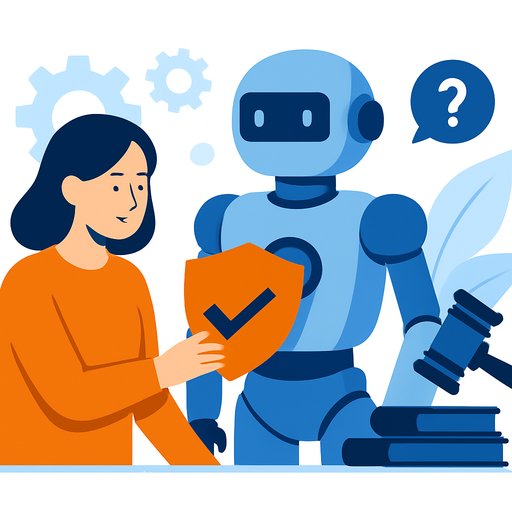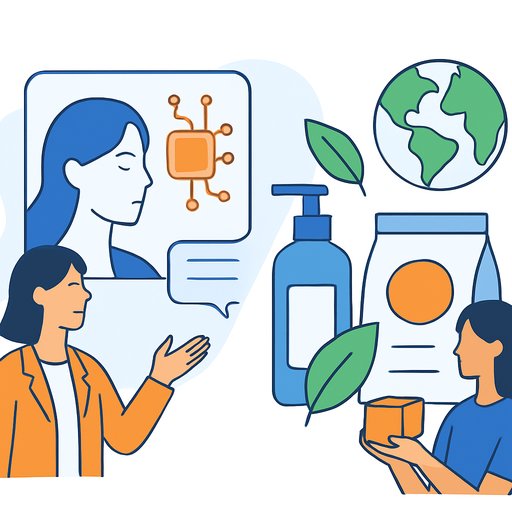Synopsys Expands AI Capabilities to Boost Semiconductor Design Efficiency
Synopsys has enhanced its Synopsys.ai Copilot generative AI capabilities to support semiconductor engineering teams in speeding up development, handling more complex designs, and improving productivity despite workforce shortages.
Building on its early AI adoption in chip design, Synopsys applies reinforcement learning and generative AI to optimize silicon performance, enhance efficiency, and reduce time to market through its AI-powered solutions suite. Early users of the expanded Synopsys.ai Copilot report notable improvements in design quality and productivity, cutting workflows from days to hours or even minutes.
Sanjay Bali, Senior VP of Strategy and Product Management at Synopsys, explains that the new Copilot features assist throughout the chip design flow, helping engineers improve design quality and free up time for higher-value tasks, accelerating innovation.
Generative AI-Powered Synopsys.ai Copilot Features
Assistive GenAI Capabilities
- Synopsys’ knowledge assistant and workflow assistant applications are actively used by top customers, boosting engineer productivity and reducing ramp-up time. Early-career engineers have experienced a 30% faster learning curve.
- Tasks like documentation search and script generation that once took hours now take minutes. The workflow assistant doubles the speed of script solutions and generates scripts 10 to 20 times faster than traditional methods when used with Synopsys PrimeTime.
- These tools enable junior engineers to work more independently without sacrificing quality.
- The knowledge assistant is now available to all Synopsys Cloud users, including SaaS and Bring Your Own Cloud (BYoC) deployments, supporting over 100 startups in production environments to accelerate time-to-tape out.
Creative GenAI Capabilities
- Creative AI features like formal assertion generation and RTL code generation are helping customers cut design and verification times dramatically.
- For example, an AI infrastructure provider reported a 35% productivity boost in formal verification workflows, enabling validation of 10 design components in 10 days through automated formal testbench creation with high accuracy.
Enhanced AI Simulation with Ansys Engineering Copilot
Following its integration with Synopsys, Ansys introduced the Ansys Engineering Copilot—a virtual assistant that shortens learning curves and increases engineer productivity when using Synopsys simulation tools.
The latest release also updated Ansys SimAI, a physics-agnostic tool combining simulation accuracy with AI speed. SimAI now integrates with Ansys optiSLang®, speeding up dataset creation and AI training to explore design variations faster and reduce product development cycles.
AgentEngineer: The Next Step in AI-Driven Chip Design
Synopsys is developing AgentEngineer technology, which introduces autonomous execution levels to engineering workflows, improving productivity and reducing computation needs. This technology progresses from single-agent step actions (L2) to multi-agent complex actions (L3), adaptive learning for flow optimization (L4), and ultimately autonomous decision-making (L5).
Synopsys and Microsoft continue their collaboration in this space, showcasing the first AgentEngineer prototype at DAC 2025 using Microsoft Discovery. Aseem Datar, VP of Product Innovation at Microsoft, highlighted that this partnership aims to create a new engineering paradigm that enhances innovation and productivity.
For those interested in how AI is transforming engineering productivity and workflows, exploring AI training and courses can provide valuable skills. Visit Complete AI Training for resources and courses tailored to AI applications in product development and engineering.
Your membership also unlocks:





